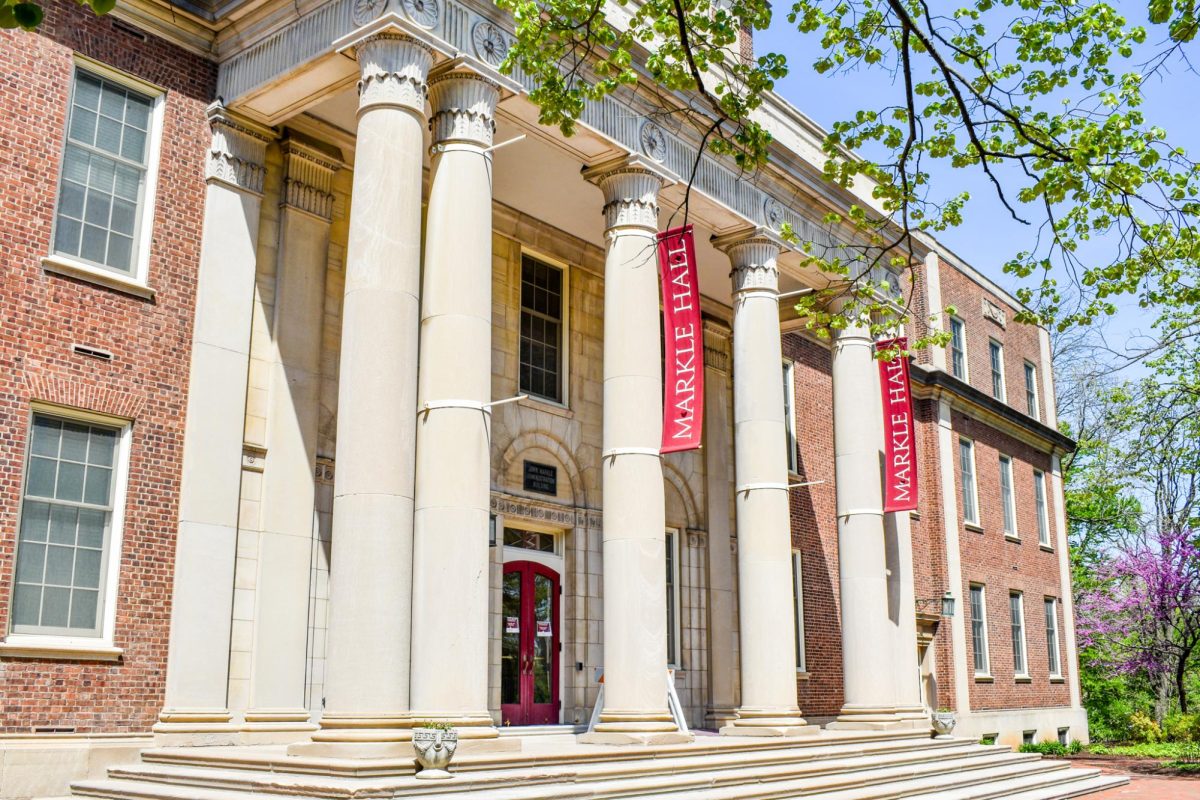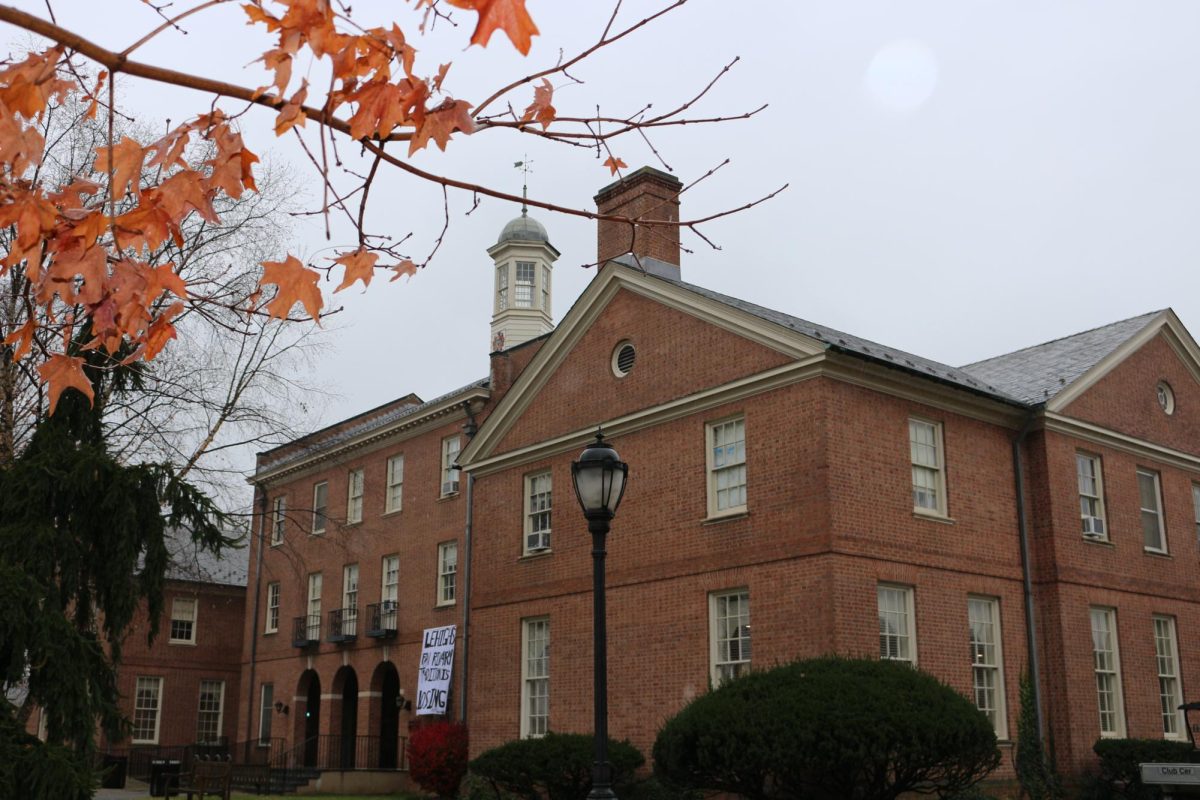Last spring, the Lafayette College faculty implemented a policy requiring that all professors include an artificial intelligence clause in their syllabi. A year later, professors are still tweaking their methods.
“This is going to be the sea we’re swimming in,” international affairs professor Caleb Gallemore said of future AI use. “I’d rather have folks ready for that.”
According to classics professor Thomas Bolt, this approach was discussed at an August seminar where 20 faculty members came together to discuss the implementation of AI in the classroom.
“I’d be kind of hypocritical if I totally outlawed it because I think it is something students will encounter in their lives,” Bolt said, referencing his course policy. He underscored, however, that the tool was not wholly accepted in his classroom.
“I worry that people might be depriving themselves of opportunities for learning, and that is not a welcome development to me,” he continued, adding that he believed that “students are more creative, thoughtful and equipped than they give themselves credit for.”
Several professors said they were hesitant to ban AI entirely.
“An outright ban just penalizes the folks that aren’t using it and doesn’t educate the folks that are in ways to use it responsibly,” Gallemore said. “I’m not doing my job if I’m not preparing them to think about that and to use it in a responsible way.”
AI has become more commonplace in daily life, appearing in Adobe applications, online search engines and phone voice assistants. Some professors said this ubiquity made a total ban more complicated.
“Prohibition starts to get really sticky really quickly,” said Tim Laquintano, an English professor and the dean of arts, humanities and interdisciplinary programs. “When you say, ‘No AI in my class,’ what does that mean when search engines force it down your throat?”
As AI continues to develop, faculty members said they are trying to find ways to familiarize their students with the programs.
Bolt said that in the fall semester, he ran an “experimental exercise.” Under his instruction, students submitted topics relevant to their course to an AI generator and discovered which programs gave the most effective answers.
“When students second-guess the model, you become a domain expert,” he said.





















































































































